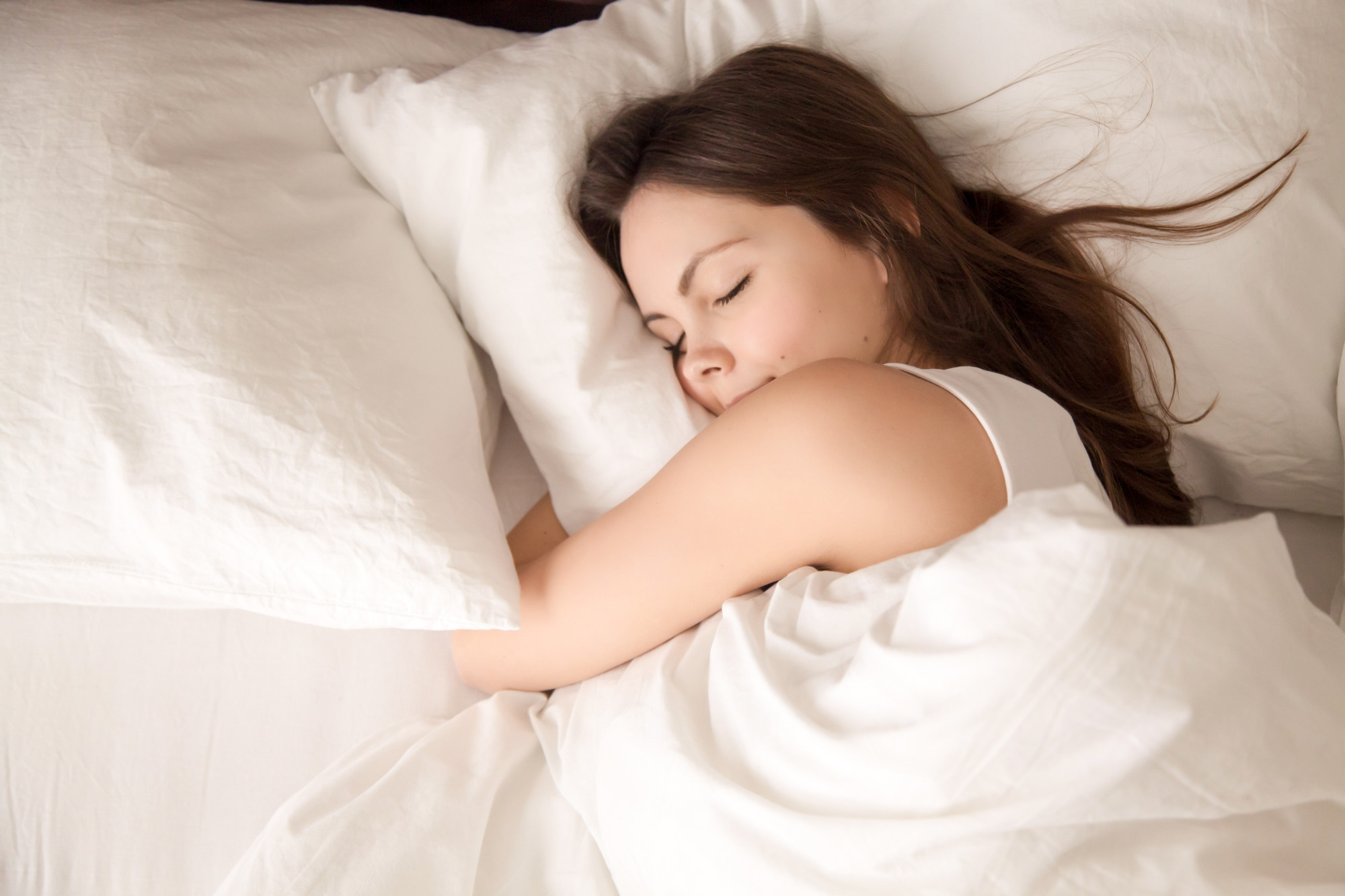Did you know that sleep can affect your mental health? If you want to learn how to get better sleep, we can help.
In this guide, we’ll go over tips on going to sleep.
Want to learn more? Keep reading.
Go to Bed at the Same Time Every Night
Even on the weekend, you should stick to a schedule. Wake up and go to bed at the same time every day. A fluctuating schedule will keep you from getting consistent sleep.
Make sleep a priority. You might want to stay up late chatting with friends or watching a show, but you need to stick to a bedtime.
This way, you can get deep sleep each night. Try your best to get ready for bed at the same time each night.
If you need to change your sleep time, start to make a gradual change. Don’t change your bedtime right away because it will throw your schedule off.
Don’t Take Long Naps
Naps can boost your energy throughout the day, but it can throw off your nighttime sleep.
Keep your naps 20 minutes long and limit them to the early afternoon. Don’t take an hour-long nap in the early evening.
Create a Night Routine
How you prepare for bed will help you fall asleep. Every night, keep your routine consistent.
Follow steps like brushing your teeth, washing your face, and slipping on pajamas. All these steps will help you mentally prepare for bed.
Give yourself 30 minutes to wind down. Try listening to soft music, read, or stretch before bed.
Keep the lights dim. Bright lights will hinder the production of melatonin. Our bodies create melatonin, a hormone that helps us sleep.
Make sure you unplug from your electronics an hour before bed. Laptops, tablets, and cell phones can cause mental stimulation. The blue light generated from the electronics can lower melatonin production.
Try some relaxation methods. You can meditate, try deep breathing, or other relaxation techniques.
If you haven’t gotten to sleep after 20 minutes, consider getting up to read a book or stretch. Do something else calming in the dim light before trying to sleep again.
Create Healthy Habits
Having a healthy and balanced life will help you get a good night’s sleep.
Make exercise a priority and try to do it on a daily basis. Exercise will help you relieve stress from your workday.
Try not to smoke. Nicotine will stimulate the body and disrupt your sleep. Reduce your alcohol consumption. Alcohol may induce sleep, but the effect will wear off later in the night.
You won’t fall into a deep sleep that you need to feel energized the next day.
Have a moderate amount of alcohol earlier in the evening. Caffeine is a stimulant, so try to avoid drinking coffee in the evening. If you’re consuming a lot of caffeine, make sure you cut back.
Eat your dinner earlier in the evening. A heavy or spicy meal before bed can make it difficult for you to sleep.
Your body will be working hard to digest the meal. People who eat spicy food before bed could suffer from heartburn. If you have sleep apnea, try to avoid eating spicy food at night as well.
Create a Relaxing Environment
Part of improving your sleep hygiene is to create a calm sleep environment.
Pick up a comfortable pillow and mattress. Do you need to get a new bed? Check out why a memory foam mattress vs regular mattress is the better option.
Next, you’ll want to pick up excellent blankets and sheets. Splurge on a set of high-quality sheets. Set your room at a cool temperature, around 65 degrees Fahrenheit. Make your room as dark as possible.
Wear an eye mask or pick up heavy curtains to keep light from interrupting your sleep.
Get rid of any outside noise. If you live in a noisier neighborhood, you should pick up some earplugs to silence the noise. If you aren’t a fan of earplugs, try using a fan or a white noise machine to get rid of noises.
Consider diffusing lavender essential oil in your bedroom. You can induce a calm state of mind and positive space for your nighttime routine.
Manage Your Stress
Do you think about your day at work or worry about your family while trying to fall asleep? Write down your concerns or worries before bed. Keep a journal and jot down everything that’s on your mind.
You could also try stress management. Begin with the basics by organizing what tasks you need to complete and ask for help if needed. Meditation and exercise can also lower anxiety.
Don’t Drink Too Much Before Bed
Before bed, you might get into the habit of drinking water, an alcoholic beverage, or tea. If you consume too many beverages, you’ll wake up later.
The late-night bathroom visits will disrupt your sleep. You’ll need to get relaxed again to fall asleep.
Don’t go to bed thirsty. Otherwise, you might wake up to get a drink in the middle of the night. Have a drink in the early evening, and then cut out the liquids for the rest of the night.
Now You Have Some Tips for Going to Sleep
We hope this guide on sleep was helpful. Make your room as dark as possible. Exercise throughout the week and stick to a sleep schedule.
Use these tips for going to sleep and wake up feeling energized.
Browse our other helpful resources on travel, technology, and more.
